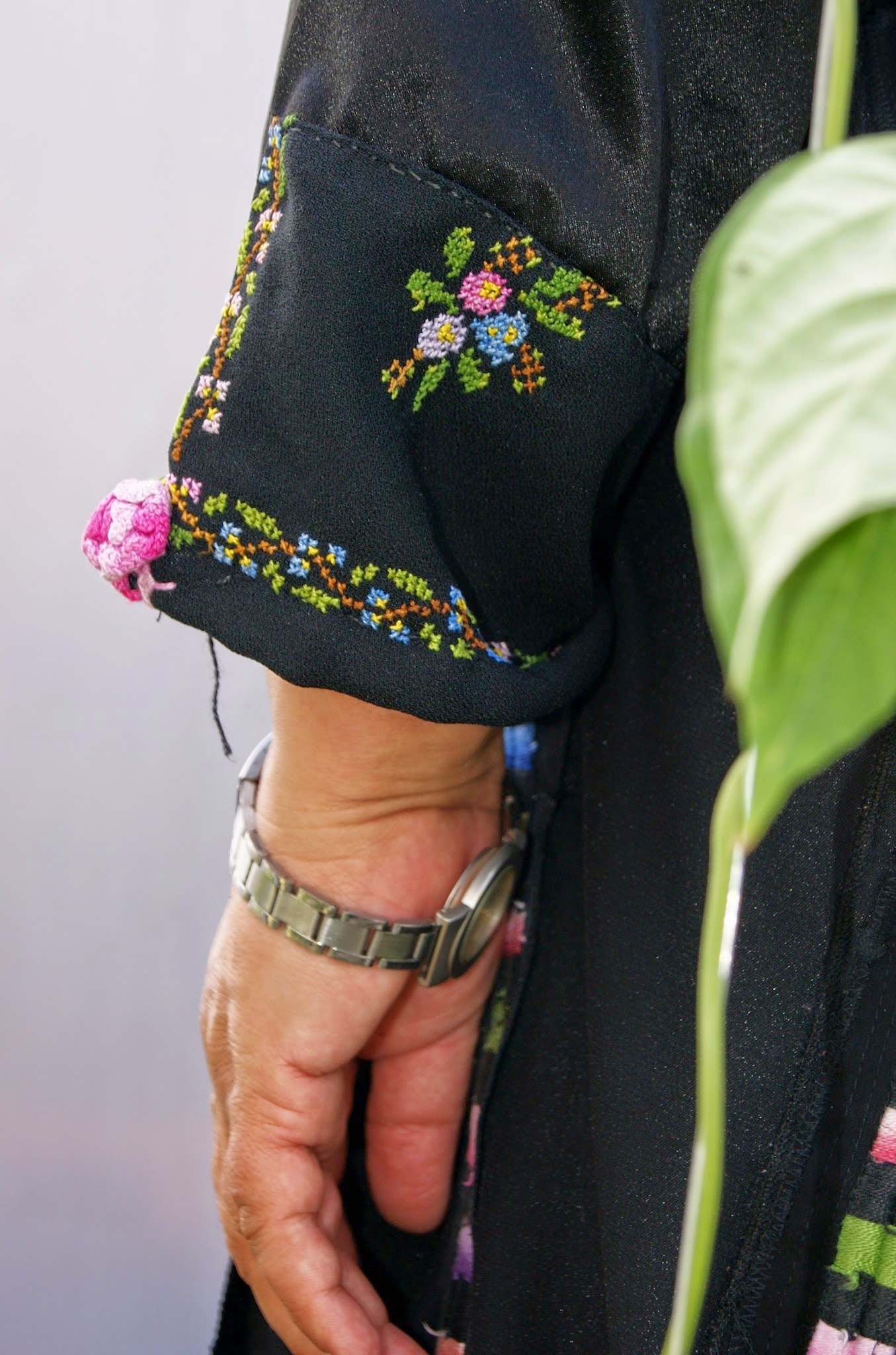Did you know that more women (18.7%) than men (15.3%) have a bachelor degree or above in Palestine? Palestinian women are shining examples of resilience, as they are smart and hard-working contributors to Palestinian society. For generations, they have been corner stones in households, the community and the national liberation movement. At the same time, women face unique challenges under the ongoing military conflict and patriarchal structures of society. In some areas of life, women cannot freely and actively participate, while violence in households and the community is a continuous harmful trend that is not sufficiently addressed. This problem was even more exacerbated by the COVID19 crisis that hit the economic, political and social participation and contribution of women extra hard.

Karama has been strenuously working to ensure that women possess enough skills to be able to start or progress in their professional careers. For example, we have offered different programs and initiatives targeting women in different areas.
We have supported women in different skills, including: